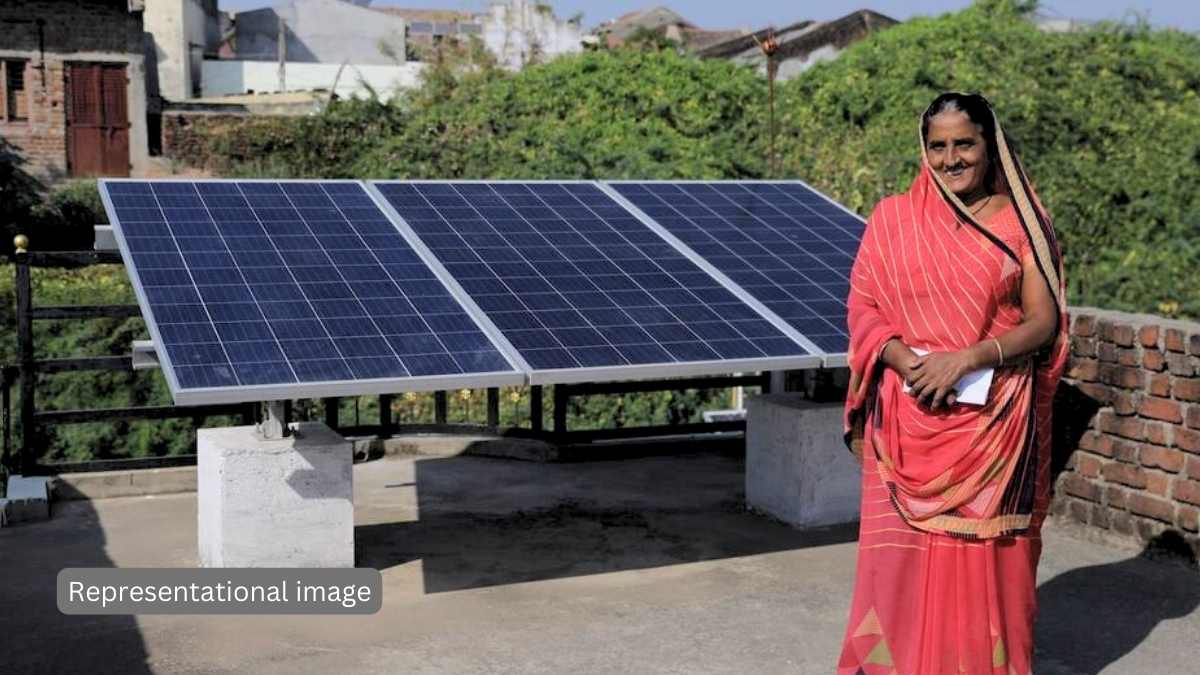India is making significant strides in its commitment to solar energy adoption, aiming to enhance economic prosperity and environmental sustainability. With a focus on rooftop solar installations, the country is embarking on an ambitious mission to install solar plants in 10 million households nationwide.
This initiative, spearheaded by the government, seeks to streamline the process of adding rooftop solar to meet the energy needs of a rapidly growing population hungry for energy.
The recent reforms in India have simplified the approvals process, making it easier for individuals to claim subsidies and access financing for rooftop solar systems. The government’s efforts have been underscored by a substantial financial commitment, including a recent announcement of $9 billion towards boosting rooftop solar installations.
These investments are crucial in driving the transition towards clean, decentralized electricity and reducing the nation’s reliance on fossil fuels.
Despite challenges such as bureaucratic inefficiencies and limited public awareness, India’s push for rooftop solar remains a cornerstone of its renewable energy strategy. By addressing key obstacles and enhancing policy support, the country aims to unlock the vast potential of solar energy, paving the way for economic growth and energy security.
The goal of generating 500 GW of renewable energy by 2030 signifies a monumental leap towards a sustainable energy future, exceeding international pledges and positioning India as a global leader in clean energy initiatives.
As India continues to prioritize solar adoption, the focus on rooftop solar installations emerges as a pivotal step towards achieving its renewable energy targets.
By fostering public enthusiasm, streamlining installation processes, and expanding financing options, India is poised to harness the abundant solar potential that the country offers, driving economic prosperity and environmental stewardship in the years to come.

